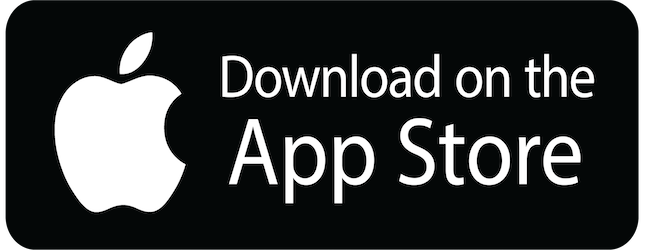How should I use "I hope" and "I wish"?

If you want to use "I hope" and "I wish" correctly, you just need to memorize these two phrases:
I hope I can...
I wish I could...
You may be wondering: why do English speakers use the present tense for "hope" and the past tense for "wish"?
The secret is that "could" is not really past tense. It looks like past tense, but it's secretly something different. It's the "unreal" aspect. In other words, it expresses something that's not really true, or not very likely.
We use "wish" to talk about things that are impossible, or things that probably won't happen:
I wish I could fly.
I wish there were more hours in the day.
On the other hand, we use "I hope..." when there's a good chance that something might happen. You can use it to say what you want to happen in the future:
I hope this cake turns out OK.
The grammar of "wish" and "hope"
Here's how "wish" and "hope" look in present, past, and future.
Present
I hope this is the last mistake.
I wish my phone worked here.
Past
I hope Antonio got home safely.*
* You can't use "hope" to talk about something in the past, unless you don't know what happened yet. In this example, you haven't heard whther Antonio got home safely.
Future
I hope it stops raining soon.*
* You follow "hope" with the present tense of a verb, even when you're talking about the future. So you say "I hope it stops" instead of "I hope it will stop."
Print this Article




